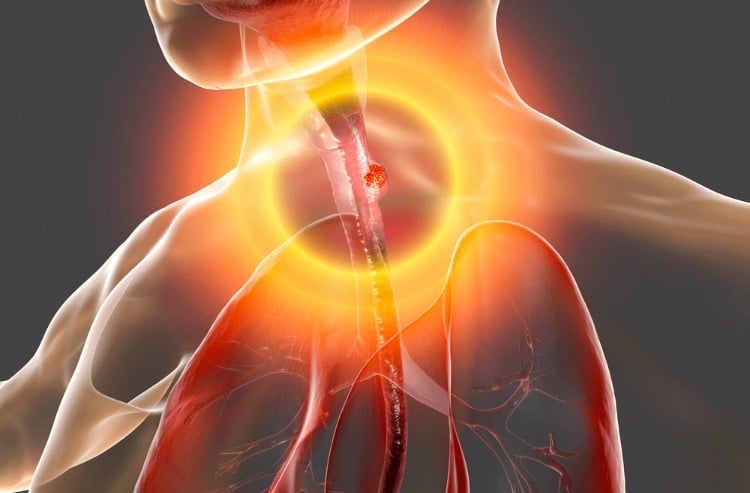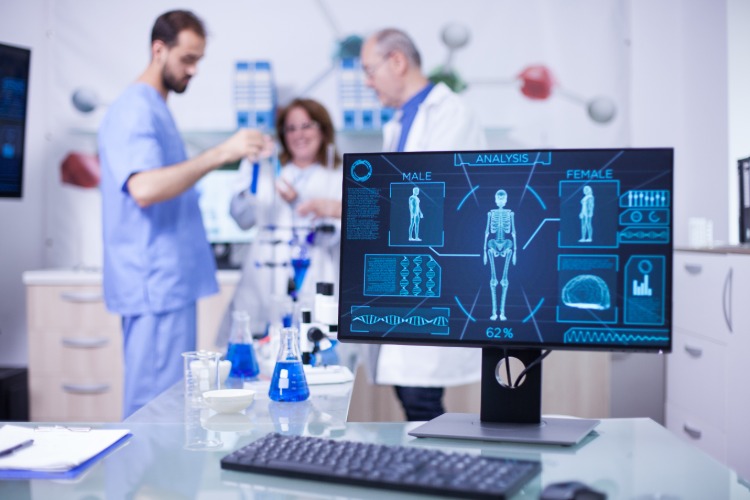Intelligent software for early detection of esophageal cancer
Intelligent software will soon be able to help doctors identify early signs of esophageal cancer in patients with what is known as Barrett's esophagus. This is the result of research by Amsterdam University Medical Centers (UMC), Catharina Hospital in Eindhoven and the Technical University.
Medical perspective for intelligent software

Patients with symptoms of reflux can develop abnormal tissue in the esophagus due to gastric acid irritation. This phenomenon, known as Barrett's esophagus, is one of the major risk factors for esophageal cancer in the western world. People with a Barrett's esophagus are therefore regularly endoscopically examined in the hospital, with a thin tube inserted into the esophagus with a small camera.

However, early-stage esophageal cancer is difficult to detect. Only a handful of specialists in the Netherlands have extensive experience in this area. For this reason, doctors sometimes fail to recognize cancer at an early stage. However, this is still easy to treat. In advanced cancer, the 5-year survival rate is less than 50 percent. This was explained by Professor Jacques Bergman. “It is therefore important to recognize the cancer at an early stage.”
study results

In their study, the researchers describe the validation of a computer algorithm that has been trained on hundreds of thousands of endoscopic images, including images of Barrett's esophagus. Research shows that the system performs significantly better than 53 international specialists who assessed such images with the eye. “The system achieved a score of 90 percent,” says researcher Fons van der Sommen, who developed the algorithm together with PhD student Joost van der Putten.
The new computer algorithm was tested on patients at the Amsterdam UMC and the Catharina hospital in Eindhoven. “Our system” observes “live during an endoscopy in the esophagus. The algorithm shows a red mark on a screen at a suspicious point. The doctor can then examine the suspicious area more closely and, if necessary, perform a biopsy, ”says Van der Sommen.
According to the study, the software is still in the test phase. The scientists expect the program to be available to all gastrointestinal doctors in the Netherlands in the next two years. This saves patients from the need for major surgery to remove part of their esophagus.
The post Intelligent software for early detection of esophageal cancer appeared first on Deavita.com | Living ideas, design, hairstyles, make-up, lifestyle, health and beauty tips.





















